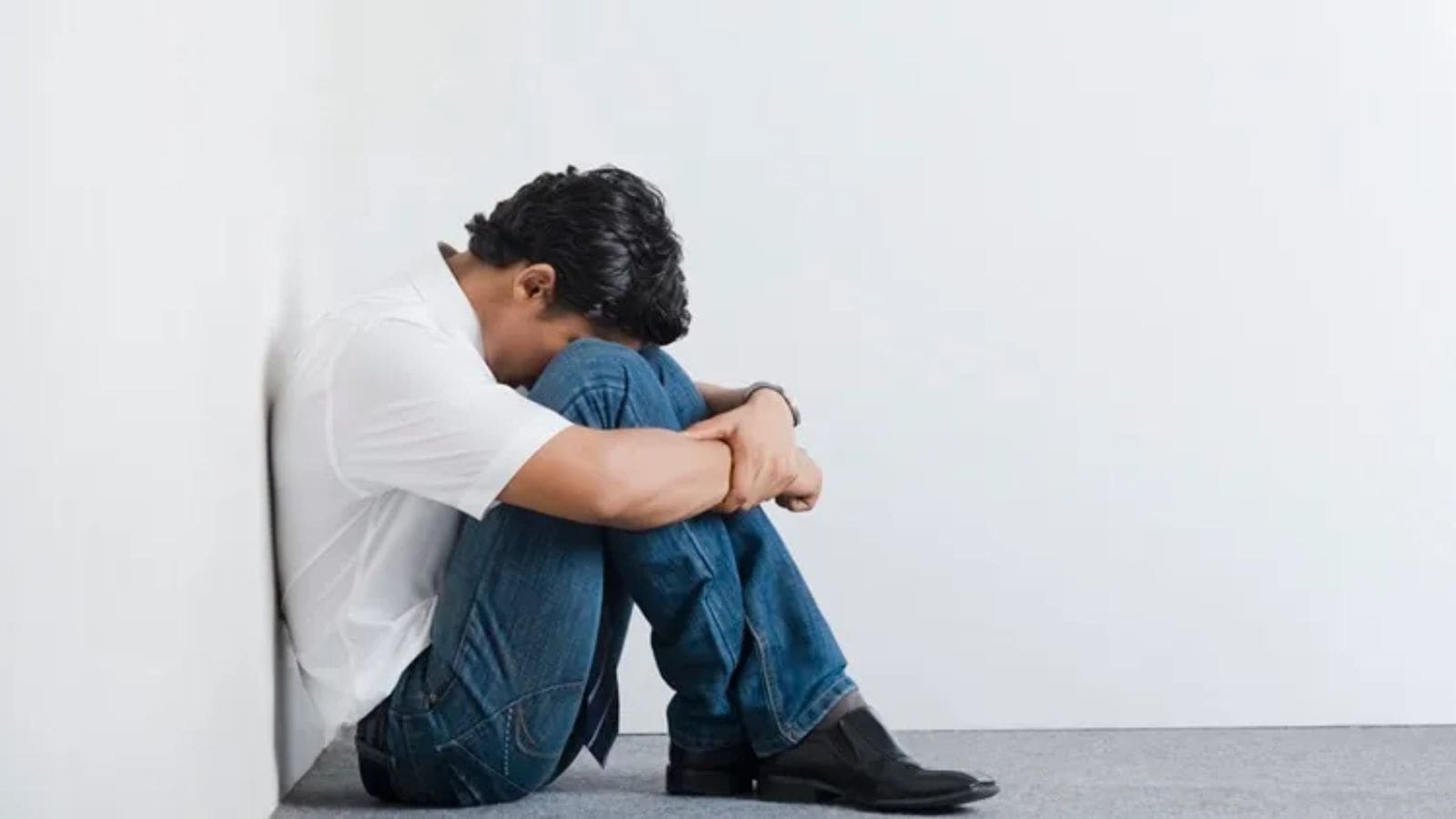Home / Health / Redefining Masculinity: Addressing the Stigma Around Men's Mental Health
Redefining Masculinity: Addressing the Stigma Around Men's Mental Health
17 Nov
Summary
- Suicide rates among Indian men 2.6 times higher than women
- Societal expectations that "real men" must suppress emotions
- Lack of gender-sensitive mental health services for men

As of 2025-11-17T12:43:06+00:00, India's mental health crisis continues to claim thousands of lives each year, with a particularly stark impact on men. According to the National Mental Health Survey conducted in 2015-16, nearly 14% of India's population lives with some form of mental disorder, yet only 1 in 10 individuals receives any treatment.
The situation is especially dire for men, with suicide rates 2.6 times higher than among women. In 2021, 118,979 men died by suicide compared to 45,026 women. Experts attribute this disparity to the societal stigma around emotional expression, which conditions boys from a young age to suppress their feelings and endure hardships without complaint. This "culture problem" often persists into adulthood, with men in rural communities citing social stigma, lack of privacy, and fear of ridicule as key deterrents to seeking mental healthcare.
Structural barriers further exacerbate the crisis. Even when men want to access support, the healthcare system often fails to provide adequate, gender-sensitive services. Factors like economic instability, transportation challenges, and the lack of culturally relevant programs create additional obstacles for working-class men. Addressing this unseen crisis requires a multifaceted approach, including integrating gender sensitivity into mental health policies, investing in community-based interventions, and prioritizing research and funding to support men's unique mental health needs.



